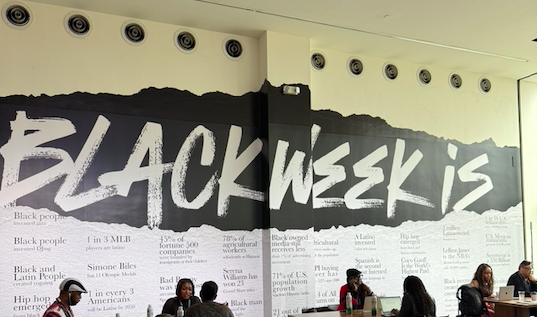New Research Highlights the Healing Effects of Language for Indigenous Communities
Language preservation dramatically improves health outcomes for Indigenous communities

A new study published in the June 2025 issue of Language and Health reveals compelling evidence that speaking traditional Indigenous languages significantly improves health outcomes across multiple Indigenous communities. The comprehensive study examined over 260 research papers from four countries–Australia, Canada, New Zealand and the United States–and found that nearly 80% demonstrated a direct causal link between Indigenous language use and better wellness outcomes.
Historic colonial policies have had lasting effects across the regions included in the study, especially forced assimilation through prohibited use of Indigenous languages. According to two studies, the United Nations has estimated that 40 % of the languages spoken around the world today are at risk of disappearing as colonial languages like English and Spanish dominate other speech forms (Requesens-Galnares, 2023, Turin, 2012). Language revitalization programs are a strategy to re-engage younger generations and promote linguistic diversity.
The findings show profound impacts of this language use on both mental and physical health. Communities with higher rates of traditional language speakers reported dramatically lower youth suicide rates and reduced depression levels. Beyond mental health, researchers discovered that language use correlates with healthier lifestyle choices, including participation in traditional physical activities and consumption of culturally appropriate diets.
Healthcare delivery also improved markedly when provided in Indigenous languages. Without proper linguistic support, patients faced increased risks of misdiagnosis, medication errors, and feelings of alienation in medical settings. One striking example involved Inuit children being incorrectly assessed on cognitive tests administered in English rather than their native Inuktitut.
The study's lead researchers emphasize that language preservation functions as more than communication—it serves as a pathway to healing intergenerational trauma and strengthening cultural identity. For Indigenous communities facing similar challenges with cultural preservation and healthcare access, these findings suggest that maintaining linguistic traditions could be a powerful tool for improving overall community wellness and health equity.
.png)





